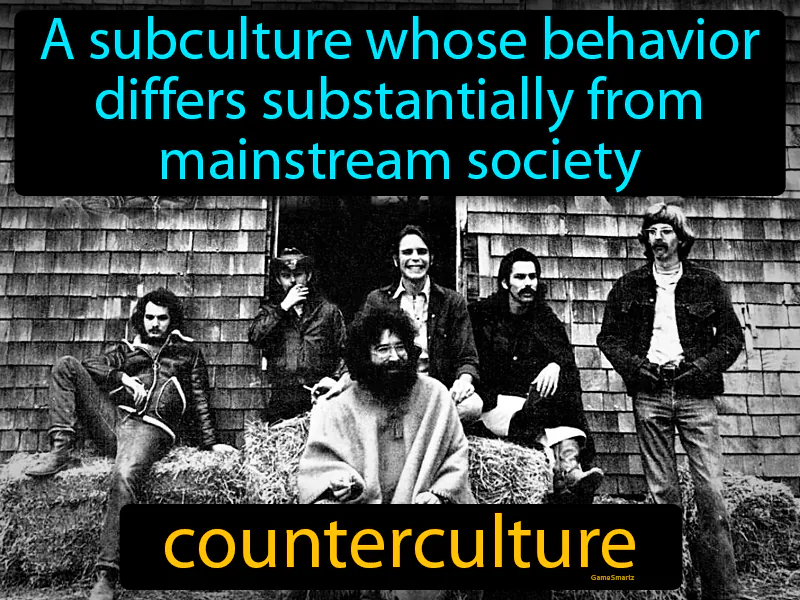Counterculture
Counterculture: Easy to understand
In the 1960s and 1970s, counterculture emerged as a powerful movement that challenged traditional values, norms, and institutions, especially in the United States. It responded to issues like the Vietnam War, civil rights, and consumerism, advocating for peace, equality, and environmental awareness. The counterculture movement was important because it led to significant social changes, including greater rights for women and minorities and increased environmental consciousness. Today, counterculture still matters as it encourages people to question societal norms and advocate for change. For example, modern movements like climate activism often push against mainstream practices, inspiring people to adopt sustainable lifestyles and pressuring governments to address environmental issues.

Practice Version

Counterculture: A subculture whose behavior differs substantially from mainstream society. Counterculture. In history, counterculture refers to social movements that reject and challenge the dominant cultural norms and values of their time, like the 1960s hippie movement.